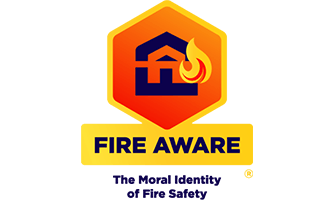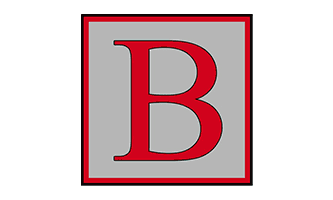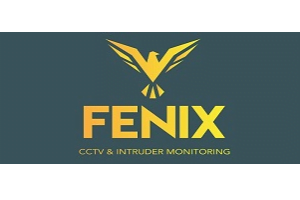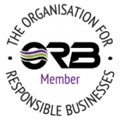Selecting the correct keywords can improve your Fire & Security website’s positioning in Google’s search results. So it’s a crucial part of your Digital Marketing.
But, hold your horses! Before we dig in, it’s important that you understand WHAT A KEYWORD actually is.
A keyword is the word or phrase used in a Google search.
It’s what your ideal customer is typing into their phone or computer.
It’s how they put their particular problem into words. And it’s what you want your website to be found for when someone makes that search.
To make that happen you must optimise the pages of your website for these key words and phrases. Then Google can understand what the pages are about.
You want to make sure that Google knows what you do.
Then she can she can match up your website with the people who are searching for your Fire or Security solution.
The most successful Fire & Security websites have set out their stall and allowed Google to play matchmaker.
Choosing the right keywords is essential. Yet some Fire & Security marketers spend very little time on planning a keyword strategy.
Ensure you select the best key word or phrase by avoiding these three gotchas!
Choosing Keywords For Fire & Security
1. Too generic

Example: Most Fire & Security companies supply and install alarms. They want to rank on the first page every time someone searches for the word ‘alarms’
Language plays a big part in selecting the correct keywords, and even the length of your keyword can determine its strength.
But what comes to mind when you read the word ‘alarms’?
Chances are, you’re thinking of the different types: ‘intruder alarms’, ‘burglar alarms’, ‘security alarms’, ‘fire alarms’.
Notice how these long-tail phrases are more descriptive and specific.
2. The competition is too high
Here are the results for our example when searched by Google.

678 MILLION other results – that’s a lot of competition!
As the old joke goes:
What’s the best place to hide a body?
On the second page of Google.
Choosing a generic keyword is like being a needle in a haystack.
The solution to this is to use long-tail keywords. Which brings us to our third and final thing to avoid…
3. Not specific enough
‘Long-tail’ is the name given to phrases that consist of more than one word. Sadly, your current web designer has probably limited you to this type of example:
- Intruder Alarms in Bromley
- Emergency Lighting Devon
- Access Control Surrey
Better than generic but, in 2019 everyone else is also going after these searches.
For one reason. They are obvious choices. Both for PPC (paid ads) and organic Google results.
So what can you do to steal a march on your local competitors?
Well, you need to ask yourself: what are the questions your customers are asking before they become customers.
You know what they ask. Your sales team know what they ask. Your website needs to answer these questions. And Google needs to find the answers on your website or blog.
Long-tail keywords are generally easier to rank for. This is due to the lower competition and their specific, descriptive nature. The most important thing is to use them in a way that benefits, educates or entertains the searcher.
With each Google algorithm update, it’s clearer than ever that Google are looking to supply your audience with the most helpful results.
Need further help?
Try these great tools for determining the best Fire & Security terms for your website:
Use SEO to get more traffic to your Fire & Security website. Click the link below:
Struggling to get enough of the Right enquiries?
Since 2010, Lollipop has helped Fire & Security businesses like yours stand out in a crowded market and win millions of pounds of work...
Our Visibility Engine™ gets the Right Message to the Right Person at the Right Time. So you can win more of the Right Work with less effort.
Curious how it could work for your business?
"Genuine enquiries... at a steady pace"
Phil Clarke, CCTV Hire & Sales
Limited slots available – book now to secure yours






















